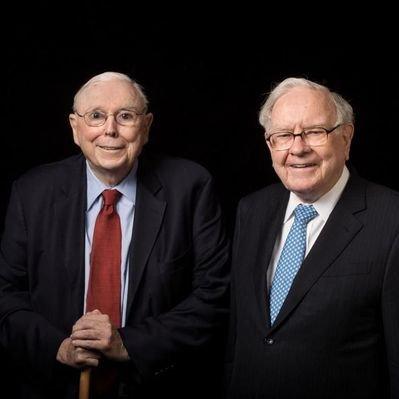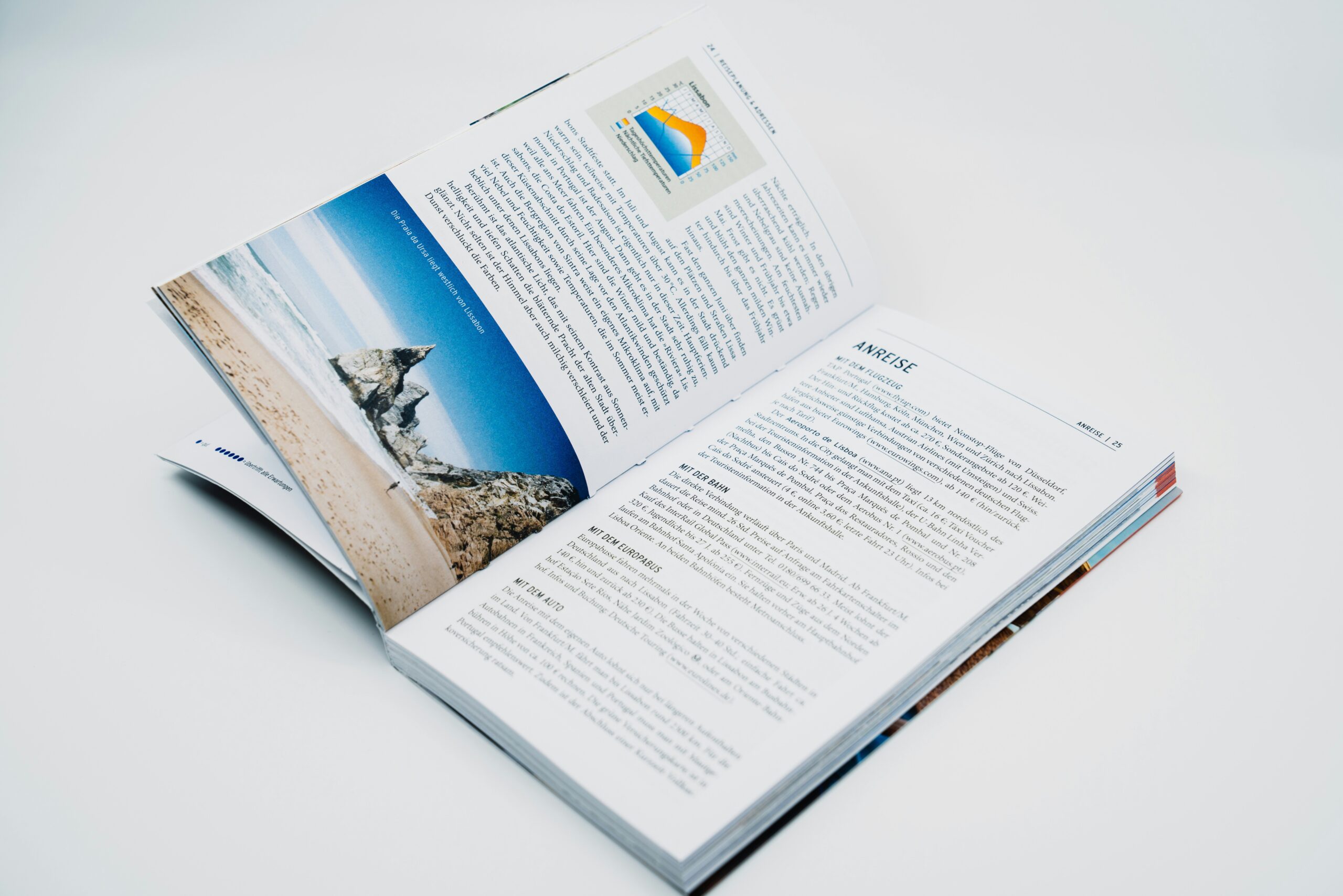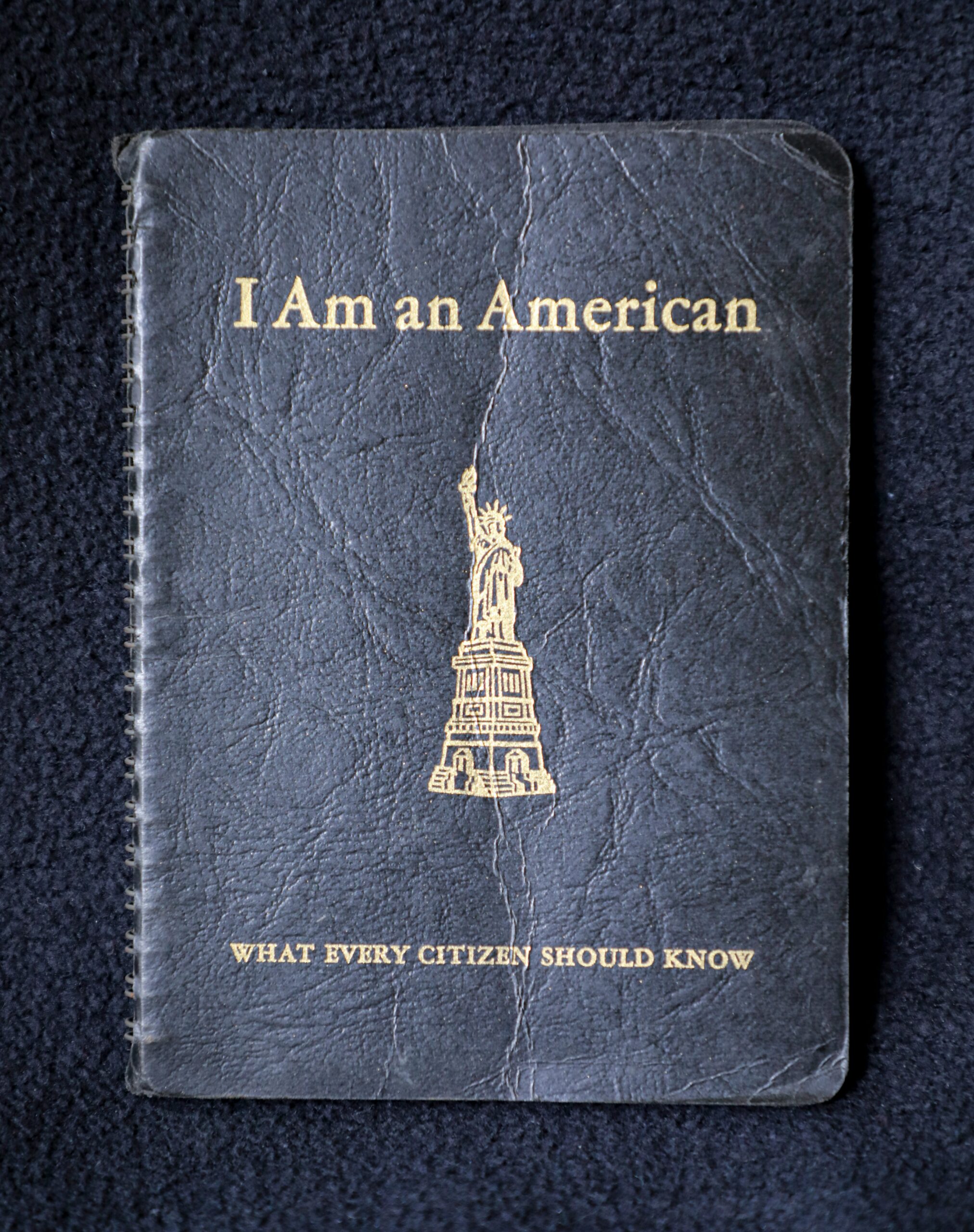Have you ever wondered how the richest people in the world use their money to shape the world around them? In this article, we will explore how billionaires fund political campaigns and causes, shape public opinion and discourse, lobby and advocate for their interests, and benefit or harm society and democracy.
How Billionaires Fund Political Campaigns and Causes
One of the most obvious ways that billionaires use their money to influence politics and society is by supporting or opposing candidates, parties, and issues that align with their views and interests. According to the Center for Responsive Politics, the top 100 individual donors in the 2020 U.S. election cycle contributed over $1.2 billion to various political groups, mostly to super PACs that can spend unlimited amounts of money on ads and other activities.
Some of the most prominent billionaire donors in the U.S. include Michael Bloomberg, the former mayor of New York City and the founder of Bloomberg LP, who spent over $1 billion of his own money on his unsuccessful presidential bid and other Democratic causes; Sheldon Adelson, the casino magnate and the owner of Las Vegas Sands, who donated over $200 million to Republican groups and candidates, including former President Donald Trump; and Tom Steyer, the hedge fund manager and the founder of NextGen America, who spent over $250 million on his own presidential campaign and other progressive causes.
Billionaire donors are not limited to the U.S., however. In Europe, some of the most influential billionaire donors include Bernard Arnault, the chairman and CEO of LVMH, the world’s largest luxury goods company, who has donated millions of euros to various French political parties and candidates, including President Emmanuel Macron; Françoise Bettencourt Meyers, the heiress of L’Oréal, the world’s largest cosmetics company, who has supported various charitable and cultural causes, including the restoration of Notre Dame Cathedral after the fire in 2019; and Amancio Ortega, the founder and former chairman of Inditex, the fashion group that owns Zara and other brands, who has donated hundreds of millions of euros to the Spanish public health system and other social initiatives.
The impact of billionaire donations on the electoral process and the policy outcomes is hard to measure, but some studies suggest that they can have significant effects on the preferences and behavior of voters, candidates, and policymakers. For instance, a study by researchers at Stanford University and the University of California, Berkeley, found that the presence of a super PAC supporting a candidate increased the candidate’s vote share by about 10 percentage points in the 2010 U.S. House elections. Another study by researchers at Princeton University and Northwestern University found that the preferences of the wealthy elite had a much greater influence on U.S. government policy than the preferences of the average citizen.
How Billionaires Shape Public Opinion and Discourse
Another way that billionaires use their money to influence politics and society is by influencing the media, the academia, and the public debate. Billionaires can use their money to own, fund, or sponsor various media outlets, think tanks, research centers, and other platforms that produce and disseminate information and narratives that affect the opinions and attitudes of the public.
Some of the most prominent billionaire media owners in the world include Rupert Murdoch, the founder and executive chairman of News Corp, which owns The Wall Street Journal, The Times, Fox News, and other media outlets; Jeff Bezos, the founder and CEO of Amazon, who owns The Washington Post; and Patrick Drahi, the founder and chairman of Altice, which owns several European media outlets, including BFM TV, Libération, and L’Express.

Some of the most prominent billionaire funders or sponsors of think tanks, research centers, and other platforms include George Soros, the founder and chairman of the Open Society Foundations, which support various progressive and democratic causes around the world; Charles Koch, the chairman and CEO of Koch Industries, who funds various conservative and libertarian groups, including the Cato Institute, the Heritage Foundation, and Americans for Prosperity; and Bill Gates, the co-founder of Microsoft and the co-chair of the Bill & Melinda Gates Foundation, which supports various global health and development initiatives, including the World Health Organization, Gavi, and the Global Fund.
The impact of billionaire influence on the media, the academia, and the public debate is also hard to measure, but some studies suggest that they can have significant effects on the information and the narratives that people receive and consume. For instance, a study by researchers at Harvard University and the University of Mannheim found that the entry of Fox News into the cable market increased the Republican vote share in the 2000 U.S. presidential election by 0.4 to 0.7 percentage points. Another study by researchers at the University of Oxford and the University of Zurich found that the exposure to the media outlets owned by Rupert Murdoch increased the support for Brexit in the 2016 U.K. referendum by 2.6 to 10.4 percentage points.
How Billionaires Lobby and Advocate for Their Interests
A third way that billionaires use their money to influence politics and society is by lobbying and advocating for their interests. Billionaires can use their money to pressure and persuade policymakers, regulators, and other stakeholders to adopt or reject policies that affect their businesses, industries, or causes.
Some of the most prominent billionaire lobbyists and advocates in the world include Elon Musk, the founder and CEO of Tesla and SpaceX, who has lobbied for various policies and incentives related to electric vehicles, renewable energy, and space exploration; Mark Zuckerberg, the founder and CEO of Facebook, who has advocated for various policies and initiatives related to internet access, immigration, and social media regulation; and Warren Buffett, the chairman and CEO of Berkshire Hathaway, who has lobbied for various policies and reforms related to taxation, corporate governance, and philanthropy.

The impact of billionaire lobbying and advocacy on the legislation and the implementation of policies is also hard to measure, but some studies suggest that they can have significant effects on the outcomes and the impacts of policies. For instance, a study by researchers at the University of California, Berkeley, and the University of Copenhagen found that the lobbying activities of corporations and trade associations increased the probability of passing a bill in the U.S. Congress by 14 percentage points, and increased the probability of changing the content of a bill by 16 percentage points. Another study by researchers at the University of Chicago and the University of California, Berkeley, found that the lobbying activities of corporations and trade associations reduced the enforcement actions of the U.S. Environmental Protection Agency by 70 percent.
How Billionaires Benefit or Harm Society and Democracy
The final way that billionaires use their money to influence politics and society is by benefiting or harming society and democracy. Billionaires can use their money to create or destroy jobs, to innovate or stagnate, to solve or create problems, and to empower or undermine citizens and institutions.
Some of the positive effects of billionaires’ influence on society and democracy include:
- Creating wealth and value for themselves and others, by developing new products, services, and markets, and by generating employment, income, and growth.
- Innovating and solving problems, by investing in research and development, and by supporting scientific and technological breakthroughs that improve the quality of life and the environment.
- Philanthropy and social responsibility, by donating to various charitable and humanitarian causes, and by supporting social and environmental initiatives that benefit the public good.
Some of the negative effects of billionaires’ influence on society and democracy include:
- Inequality and concentration of power, by accumulating and controlling a disproportionate share of the resources and opportunities, and by creating and maintaining economic and social disparities and injustices.
- Corruption and capture, by using their money to buy or manipulate the political and legal systems, and by undermining the accountability and the legitimacy of the public institutions and the democratic processes.
- Externalities and risks, by imposing costs and harms on others and on the society, and by creating or exacerbating social and environmental problems and challenges.
The balance between the positive and negative effects of billionaires’ influence on society and democracy is a matter of debate and controversy, and it may vary depending on the context and the perspective. However, some studies suggest that there is a trade-off between the economic and the political effects of billionaires’ influence, and that there is an optimal level of billionaire wealth and power that maximizes social welfare and democratic quality .
Conclusion
In this article, we have explored how billionaires use their money to influence politics and society, by funding political campaigns and causes, by shaping public opinion and discourse, by lobbying and advocating for their interests, and by benefiting or harming society and democracy. We have also discussed some of the impacts and implications of billionaires’ influence, and some of the challenges and opportunities that it poses for the future.
Billionaires are not a homogeneous group, and their influence is not a monolithic force. They have different motivations, values, and goals, and they use their money in different ways and for different purposes. Their influence can have positive or negative effects, depending on the context and the perspective, and it can create or resolve trade-offs and dilemmas.
Therefore, it is important to understand and evaluate the role and the impact of billionaires in politics and society, and to engage in a constructive and informed dialogue about the benefits and the costs, the opportunities and the risks, and the rights and the responsibilities of billionaires and their money.













